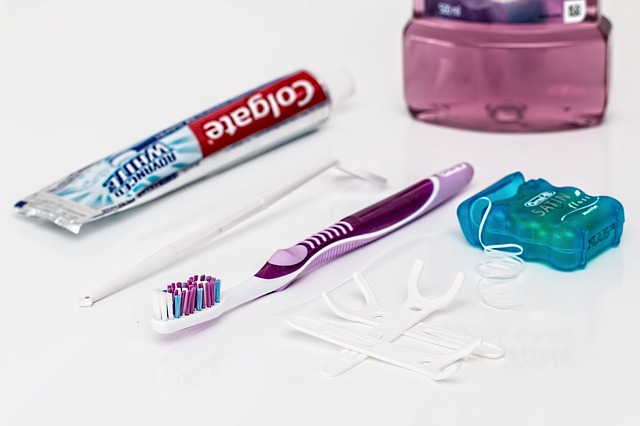Flossing has been unseated as a recommendation for daily health, at least according to the Dietary Guidelines for Americans, issued every five years by the US Departments of Health and Human Services and Agriculture.
This is largely due to the fact that there is little evidence showing that flossing contributes to keeping teeth and gums healthy, NPR reports.
Tim Iafolla, a dentist with the National Institute of Dental and Craniofacial Research, which is under the National Institutes of Health, says that studies have shown that the evidence for flossing is “fairly weak.” While he was not involved with drafting the guidelines, he is aware of the problems regarding flossing research. However, he points out that monitoring the long-term effect of flossing is not cheap or easy.
“The condition we’re trying to prevent, which is gum disease, is something that takes years to develop, and most of the studies only last for a few weeks or months,” Iafolla says. “So the evidence that we gather from these studies is fairly indirect. We can look at bleeding gums, we can look at inflammation, but we have to extrapolate from that evidence to gum disease.”
In a 2011 Chochrane oral health review of 12 studies on the benefits of flossing, researchers found the said studies to be “of poor quality” and that the conclusions they made were “unreliable.”
The review did find that there was some evidence proving that flossing and brushing regularly appeared to reduce gingivitis compared to brushing alone, but the same evidence was not enough to tell how much plaque was reduced. Most trials proved too short to tell if flossing could have long-term effects on tooth decay and other dental problems, the reviewers said.
Recommendations for flossing from federal bodies appeared in a 1979 report by the Surgeon General, and later made its way into the national dietary guidelines. But when the Associated Press recently asked the US government for solid proof in favor of flossing, it turned out there wasn’t much.
In this year’s guidelines, “floss” doesn’t even show up once.
A US Department of Health and Human Services spokesperson said that the recent committee meetings reviewing the guidelines focused more on how sugars affected dental health, and skipped discussing flossing.
“Since neither the 2010 nor 2015 Advisory Committees reviewed evidence on brushing and flossing teeth, the authors of the current edition decided not to carry forward the information on brushing and flossing included in past editions of the guidelines,” the spokesperson said.
But the committee hasn’t completely abandoned the idea of flossing. The spokesperson cautioned that the committee did not say flossing was not an important part of oral hygiene, and that dental floss was “most likely identified as a supporting recommendation along with brushing teeth.”
The move to remove flossing from the health guidelines has been met with some opposition by dentists, who say that flossing is something that’s been ingrained in them.
Joan Otomo-Corgel, a periodontist with the American Academy of Periodontology, says that in a survey by the academy, 15% of adults said they would rather clean toilets than floss their teeth. She adds, “My concern is that the public picks up on this and says ‘Oh, flossing is not a benefit. That means I don’t have to do it.’”
Otomo-Corgel says that based on her observations in her 32-year-practice, flossing does help to get rid of films of bacteria that have built up in the spaces between teeth, which can cause infection and lead to bigger dental health problems.
Biofilms – these bacteria in teeth – are alive, she says, and the longer they are not removed, the more harmful they become. She agrees that studies on flossing may need to be conducted for longer periods of time in order to show any possible long-term benefits it may have.
























